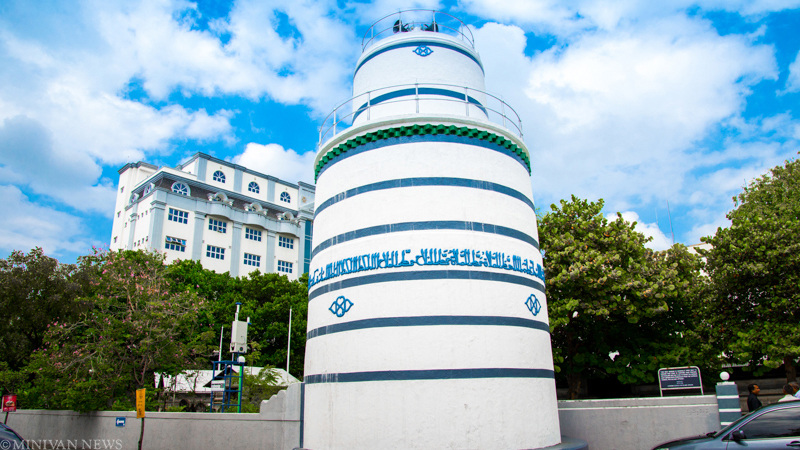The Islamic ministry has raised concern over publication of books on Islam in Dhivehi without official approval.
In an announcement, the Islamic ministry noted that the 1994 religious unity law requires written permission from the ministry to preach, deliver sermons, and publish books concerning religion.
The ministry said it has learned that books on Islam and Dhivehi translations of verses and parts of the Quran have been published without authorisation.
The ministry appealed for compliance with the law in publishing religious literature.
The requirement was introduced through amendments brought to the Protection of Religious Unity Act in March 2014. The amendments prohibited “sowing religious discord” in the community, outlawed independent or unauthorised prayer congregations, and required Islam to be taught as a compulsory subject in all public and private schools from grade one to 12.
The changes also criminalised the construction of places of worship for other religions, the sale, possession, or advertisement of expressions or slogans of other religions and the importation, display, advertisement and sale of books of other religions.
Seeking financial assistance from foreigners to propagate other religions was prohibited while permission must be sought in writing from the Islamic ministry before accepting a salary, funds, or a gift from a foreign party for conducting religious activities in the country.
Similar provisions were included in the religious unity regulations enforced in September 2011 to crack down on extremist and unlicensed preaching of Islam in the country.
Meanwhile, in September last year, the national bureau of classification enacted new regulations that subjected the publication of prose and poetry in the Maldives to government approval.
The regulations were enforced to ensure that books and other material adhere to “societal norms” and to reduce “adverse effects on society that could be caused by published literature.”
The Maldives High Commission in the UK told the Guardian newspaper at the time that the regulations would not “limit or interfere with freedom of expression derived from the Constitution, or constructive new thoughts.”
The regulations “only formalise an approval process that has been in operation for a number of years”, the high commission insisted, adding that the “most significant development of the new regulations is that they have reduced the amount of time for books and poetry to be approved”.
“The regulations were made public to ensure that all poetry and books published in Dhivehi [the Maldivian language] are published in accordance with the societal norms of the Maldives, and in accordance with the laws and regulations governing the Republic of Maldives. This is intended to protect the 2,000-year-old history of our unique language,” said the commission.
